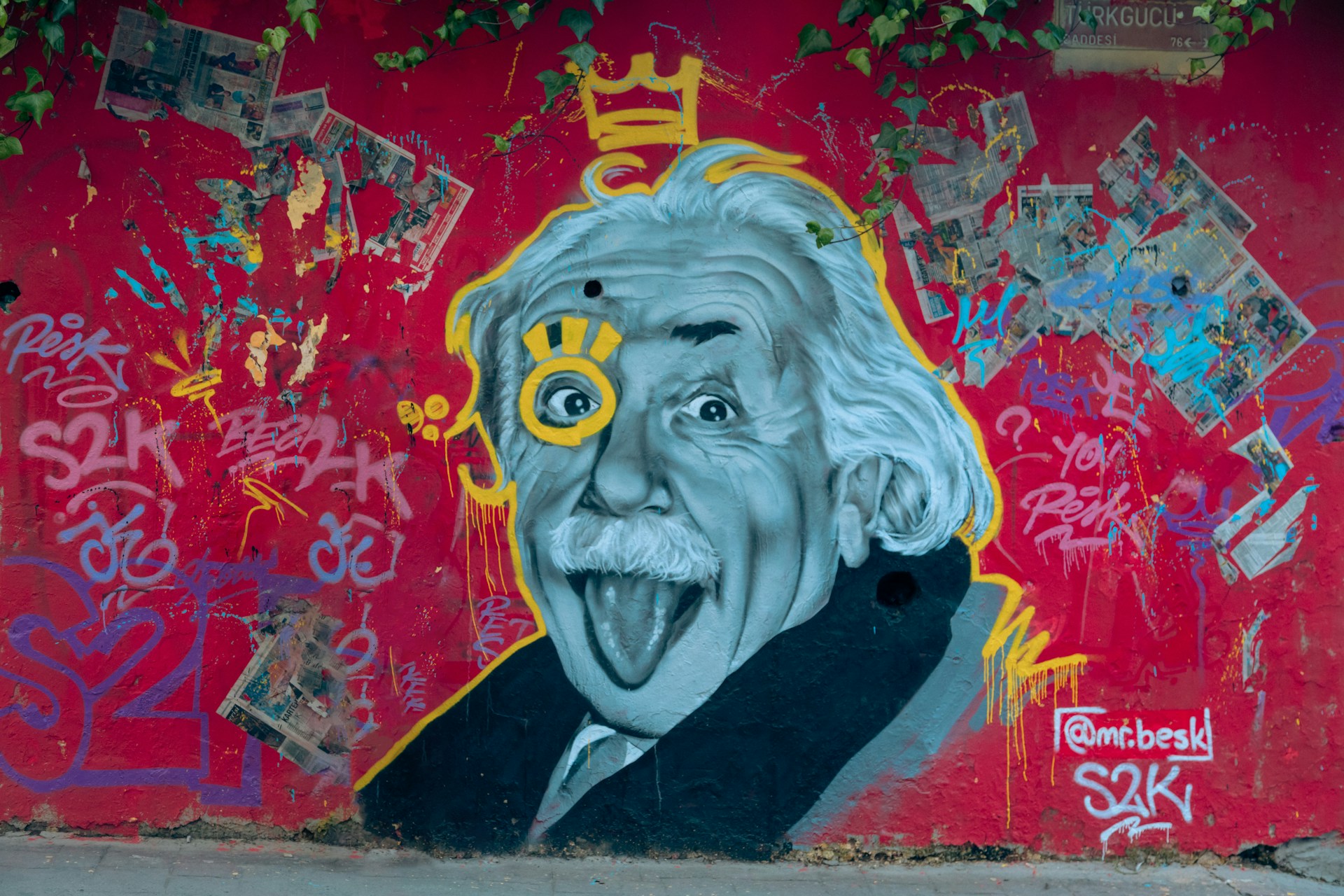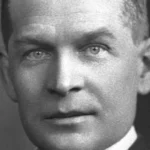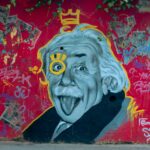
Albert Einstein is widely celebrated as one of the most influential physicists in history, best known for his theory of relativity and his groundbreaking work in theoretical physics. But Einstein was much more than a scientific genius—he was also a passionate humanist, an advocate for peace, a socialist thinker, and an early voice for global sustainability and ethical responsibility. His life journey from a curious child in Germany to a global icon of intellect and conscience continues to inspire generations across the world.
Childhood and Family Background
Albert Einstein was born on March 14, 1879, in Ulm, Kingdom of Württemberg, German Empire, to a middle-class Jewish family. His father, Hermann Einstein, was an engineer and entrepreneur, while his mother, Pauline Koch, had a passion for music and learning. Contrary to popular myth, Einstein was not a poor student; however, he was slow to speak, which led some adults to fear he had a learning disability.
As a child, Einstein showed a deep curiosity about the natural world. At age five, a simple compass gifted by his father ignited his lifelong fascination with invisible forces. His early education in Munich introduced him to mathematics and physics, where his exceptional ability became evident despite clashes with authoritarian schooling methods.
Education and Early Career
Einstein completed his secondary education in Switzerland and enrolled in the Swiss Federal Polytechnic School in Zurich in 1896. Although he excelled in theoretical subjects, Einstein often skipped classes, preferring to study independently. After graduation, he worked at the Swiss Patent Office in Bern, which gave him ample time to develop his theories.
In 1905, while working as a clerk, he published four revolutionary papers in the Annalen der Physik—a year now known as his “Annus Mirabilis” or “miracle year.” These included his special theory of relativity, the photoelectric effect (which won him the Nobel Prize in Physics in 1921), and the mass-energy equivalence formula:
E = mc², arguably the most famous equation in the world.
Major Scientific Achievements
Einstein’s scientific legacy is vast and transformative. His General Theory of Relativity (1915) redefined gravity not as a force but as the curvature of spacetime—a concept confirmed by the 1919 solar eclipse and which turned Einstein into an international celebrity.
Other contributions include:
- Brownian motion: Helped prove the existence of atoms.
- Unified field theory: His lifelong quest to merge gravity with electromagnetism.
- Quantum theory insights: Though skeptical of some interpretations, his work laid groundwork for quantum mechanics.
Einstein’s ideas not only reshaped physics but also enabled modern technologies like GPS, nuclear energy, and quantum computing.
Contributions to Economy, Peace, and Socialism
Einstein believed that science should serve humanity—not war or profit. Though his work indirectly led to the development of nuclear weapons, he advocated against their use and later co-signed the Russell–Einstein Manifesto, calling for global disarmament and peaceful conflict resolution.
He was a democratic socialist, supporting worker rights, public ownership of key industries, and equitable distribution of resources. In his 1949 essay “Why Socialism?”, he argued that capitalism caused inequality and alienation, proposing that socialism could ensure human dignity and societal well-being.
Economically, Einstein supported public investment in education and research, which he saw as the bedrock of innovation and long-term development.
Einstein was deeply critical of capitalist economic systems, believing they led to inequality, exploitation, alienation, and the erosion of human creativity. In his famous 1949 essay “Why Socialism?” published in Monthly Review, he wrote:
“The economic anarchy of capitalist society as it exists today is, in my opinion, the real source of the evil.”
He criticized the profit motive for distorting education, suppressing innovation, and undermining the common good. According to Einstein, capitalism led to concentrated wealth and power, allowed private interests to control the media, and placed corporate profits above human needs.
Instead, he advocated for a planned economy that prioritized human welfare, democratic control of resources, and equitable distribution. He described himself as a democratic socialist, emphasizing that such a system should guarantee individual rights while ensuring social justice.
Voice for Sustainable Development
Einstein was ahead of his time in advocating ethical responsibility in science and technology. He believed that unchecked industrialization and militarization could threaten both humanity and the planet. In later years, he spoke out against the environmental costs of war and the misuse of scientific knowledge.
His worldview—emphasizing global cooperation, renewable peace, and intellectual freedom—mirrors today’s ideals of sustainable development. He believed that science, guided by moral values, could improve life without degrading nature.
Personal Life and Legacy
Einstein’s personal life was marked by complexity. He married twice and had three children, one of whom—Hans Albert—became a notable engineer. Despite fame, he lived modestly and valued solitude, music, and philosophy.
Albert Einstein died on April 18, 1955, in Princeton, New Jersey. His brain was preserved for scientific study, while his body was cremated in accordance with his wishes. Today, he remains an enduring symbol of intellectual courage, humanitarianism, and timeless curiosity.








